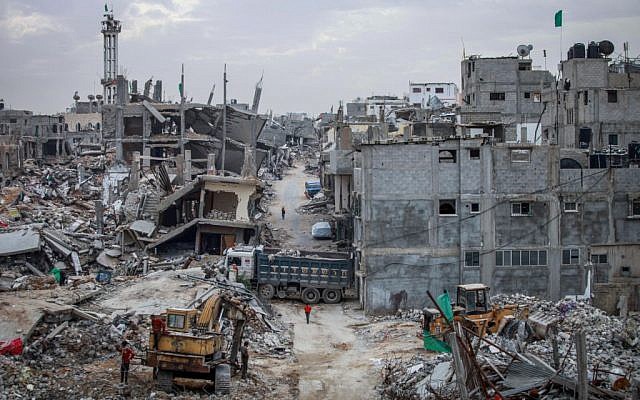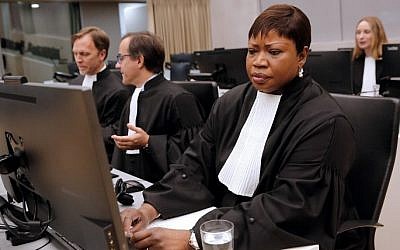 Downloads
Downloads
L’UA Demande L’avis De La JPI Sur Les Immunites…
L’Union Africaine(UA) cherche l’avis de la Justice Pénale Internationale(JPI) en ce qui concerne l’immunité du chef de l’Etat. La 30th session du sommet de l’Union Africaine des chefs d’Etat et de gouvernement qui se terminé la semaine passé à Addis-Ababa avec l’organe régional acceptant de continuer avec une demande de chercher un avis consultatif de la plus haute juridiction de l’UA – la Cour internationale de justice – en ce qui concerne l’immunités des chefs d’Etat et de gouvernement et d’autres hauts fonctionnaires.
Le mouvement vient après des années de bataille juridique autour de l’exécution des mandats d’arrêt de la CPI contre le président soudanais Omar Al-Bashir, qui a voyagé dans plusieurs pays africains qui sont parties au Statut de Rome, le traité constitutif de la CPI.
Plus récemment, les juges de la CPI a constaté que l’Afrique du sud a manqué faire droit aux obligations qui lui incombent en vertu du statut de Rome à arrêter Al-Bachir lors d’un visite en 2015. L’Union africaine est en faveur de la position de l’Afrique du sud que les obligations concurrentes selon le droit international coutumier ….obligations en vertu du droit de la CPI.
En demandant à son groupe africain à New York de placer immédiatement la demande d’avis consultatif de la Justice Pénale Internationale(JPI) à l’ordre du jour de l’Assemblée générale des Nations Unies, l’Union africaine demande des précisions sur la relation entre l’article 27 du Statut de Rome(capacité officiel qui manque de rapport) et l’article 98 (coopération en ce qui concerne la renonciation de l’immunité et le consentement à céder) et les obligations des États parties à la CPI en vertu du droit international.
Allan Ngari, chercheur principal à l’Institut d’études de sécurité à Pretoria:
«Idéalement, les juges de la Chambre d’appel de la CPI devraient interpréter la loi fondatrice de la Cour avec finalité, mais une telle décision pourrait ne pas être perçue comme véritablement objectif par les États africains et l’UA qui ont remis en question la légitimité de certains travaux de la CPI. Particulièrement concernant le mandat d’arrêt contre le président Omar AL-Bashir du Soudan. S’il est correctement une victime d’un coup monté par l’AGNU, l’avis consultatif de la JPI offre l’occasion de résoudre les divergences d’interprétation de la question des immunités de poursuites judiciaires pour les actuels chefs d’État devant la CPI et éventuellement les obligations correspondantes des États et des États non parties avec la coopération de la CPI. Ces questions sont au centre des tensions entre les Etats africains et l’UA d’une part, et la CPI de l’autre. ”
L’UA a également chargé le groupe africain des États parties à la CPI de demander la création d’un groupe de travail sur la question des immunités et de la coopération allié, et d’exhorter la prochaine Assemblée des États parties de la CPI à retirer de son ordre du jour la considération du Plan d’action sur les stratégies d’arrestation.
Le rassemblement des chefs d’Etat africains a également exprimé sa inquiétude profonde face à la décision de la CPI de juillet 2017 qui a jugé l’Afrique du Sud non conforme au Statut de Rome et a condamné l’ouverture de l’enquête de la CPI au Burundi en 2017.
S’adressant à l’ouverture du sommet, le président de la Commission de l’Union africaine, Moussa Faki Mahamat, a déclaré que 2018 serait l’année de la lutte contre la corruption et la réforme institutionnelle.
Le secrétaire général de l’ONU, Antonio Guterres, a également déclaré à l’ouverture du sommet que l’association entre l’Afrique et l’ONU était “solide et fondé sur des principes solides de droits de l’homme et de bonne gouvernance.” M. Guterres a également rencontré Al-Bashir en tant que les questions comme le force de maintien de la paix conjointe UA-ONU au Darfour.


